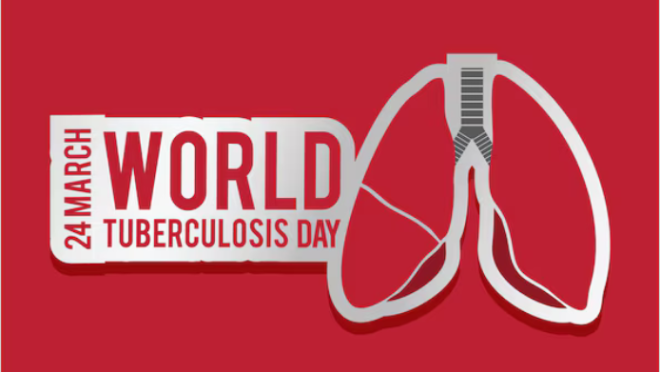World Tuberculosis Day: Bangladesh’s battle against TB amid funding cuts
World Tuberculosis Day: Bangladesh’s battle against TB amid funding cuts

As World Tuberculosis (TB) Day approaches on 24 March, Bangladesh is yet to cope with the historical problem of TB, namely the transmission of multidrug-resistant tuberculosis (MDR-TB). The recent foreign aid cuts on the international stage, especially the freeze on U.S. overseas aid, threaten to create this public health crisis, even erasing years of progress made in TB control, as stressed by the World Health Organization (WHO).
TB in Bangladesh: A persistent challenge
TB remains a priority in the health sector in Bangladesh, which is among the high TB burden nations. NTP has been doing great with a treatment success rate in excess of 90% and case detection in excess of 70%. WHO still places the estimate for newly detected cases annually at around 150,000 since 2006, with not much decline in infection rates.
Several factors contribute to the widespread nature of TB:
- Delays in treatment initiation: From studies, it has been observed that the mean delay in initiating TB treatment in Bangladesh is 61 days in women and 53 days in men. This increases the risk of severe health outcomes and facilitates transmission in the community.
- Reliance on unofficial healthcare providers: Nearly 60% of the population relies on local, untrained practitioners due to cost and accessibility issues. A study carried out and published in ‘PLOS ONE’, however, indicates that the practitioners might lack the necessary medical knowledge to diagnose and treat TB.
- Lack of awareness: Even though the government provides free treatment through the Directly Observed Treatment Short-course (DOTS) programme, patients remain uninformed about their choices, and therefore late-stage diagnoses take place.
- Poverty and overcrowding: Poor housing leading to overcrowding, malnutrition, and restricted access to healthcare create poor communities highly susceptible to TB, according to ‘The Borgen Project’.
The emergence of multidrug-resistant TB
MDR-TB development is an even larger challenge. It is estimated, as reported in the ‘Global Health Science & Practice Journal’, that 1.6% of new patients with TB and 29% of former TB patients are resistant to first-line TB medication in Bangladesh. Resistance not only makes treatment more complicated but also increases the risk of transmission of drug-resistant strains.
As such, programmes such as the shorter “Bangladesh regimen” have been launched, which abbreviate MDR-TB treatment from two years to just nine months. According to the ‘International Journal of Infectious Diseases’, this kind of strategy has been especially successful in nations such as Bangladesh, where MDR-TB is abundant. Nonetheless, the maintenance of such programmes necessitates ongoing financing and robust health systems.
Impact of global funding cuts
One of the biggest setbacks to managing TB worldwide was the recent United States foreign aid freeze, including reductions in the United States Agency for International Development (USAID). As one of the biggest donors to TB programmes worldwide, USAID has been essential in funding TB treatment in fragile countries. Based on ‘The Atlantic’, this 90-day freeze on funding has brought TB programmes to a halt worldwide, placing millions of lives in jeopardy.
For Bangladesh, the withdrawal of this financing would be disastrous:
- Higher transmission rates: ‘Stop TB Partnership’ cautions that service disruption could leave a great majority of TB cases unnoticed and untreated, thus resulting in further transmission.
- An epidemic of MDR-TB cases: ‘The Guardian’ reports that irregular treatment and low access to effective medicines can accelerate the development of drug-resistant TB, which some experts fear is on the verge of becoming “untreatable”.
- An Overburdened Healthcare System: ‘The Associated Press’ states that the public hospitals in Bangladesh are already crowded. An uptick in unaddressed TB cases can inundate healthcare centres, taking resources away from other significant health concerns.
As we mark World TB Day, the call for continued international and national commitment to combating tuberculosis has never been more pressing. The recent funding shortfall highlights the value of robust public health infrastructure, early detection, and long-term investment in TB control. Without them, Bangladesh, along with most other developing countries, stands to lose dearly fought gains against this infectious killer.


